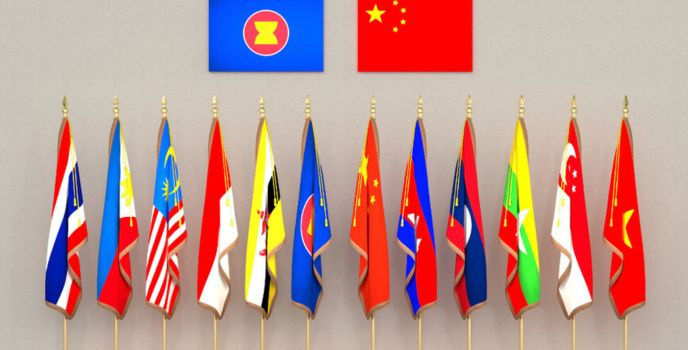This Special Report is a detailed assessment of the 20th National Party Congress scheduled to take place in October 2022 that will decide the future of China’s top leadership. Assessments made here are based on a methodology that applies several criteria to predict personnel appointments.
The predictions were made after consultations with experts and scholars with experience in internal Chinese politics. It is important to note at the onset that predicting personnel appointments within the Communist Party of China (CPC) has no guarantees. Hence, a comprehensive methodology is required to assess candidates for promotion to top positions.
The first section of the report details the significance of this Party Congress and analyses developments in the build-up to the event.
The second section lays out the methodology applied to predict personnel appointments and outlines the caveats that apply to such an analysis.
The third section is a prediction of the various personnel appointments to the Politburo Standing Committee and Politburo.
The report concludes with an assessment of the implications of the 20th NPC for the Party and the impact it will have on Chinese foreign policy.
Key Takeaways
The outcomes of the 20th Party Congress will reveal the extent of Xi Jinping’s authority and control over the Party. It is widely expected that Xi will promote allies and sideline his rivals which is a preference demonstrated by previous top leaders of the Party and consistent with Xi Jinping’s first two terms. The PSC and Politburo are almost certain to reflect the near-complete control Xi exercises over the Party and the diminished role of rival factions. The chosen personnel are also less likely to express opposition to Xi and his policies, opting to signal loyalty in the hope of securing their positions within the Party. They will execute policies that manifest Xi’s vision of national rejuvenation and further reinforce his core position within the party.
Personnel that share relationships with Xi, personal or professional, are more likely to be considered trustworthy and loyal, which enhances their prospects for promotion at the 20th Party Congress. Moreover, it improves their chances of becoming Xi’s trusted aides and consiglieres. This was true in the case of Xi’s most trusted allies like Wang Qishan and Liu He, who were instrumental in Xi’s first and second terms as a result of their personal relationship with Xi. Xi will complete the installation of loyal personnel in key Party positions like the CCDI, NSC, Organisation Department, Propaganda Department, CPC General Office, CPC Political and Legal Affairs Commission and other major Party organs, consolidating his dominance over all Party organs.
This top-down control will also extend to the State Council and its ministries, which have already been relegated to executors of policy. The approach runs the risk of reducing flexibility in policy making and minimising policy options available to national and local leaders. Given that incentives for conformity and loyalty outweigh those accompanied with experimental approaches to policy problems, the scope for policy innovation is likely to be diminished.
Most importantly, the personnel chosen to execute Xi’s vision will have to navigate pressing challenges and emerging threats facing China’s economy and society. They will be expected to enforce the zero-COVID policy, sustain the focus on common prosperity, rigorously impose political discipline, develop strategic trade sectors and generate economic growth.
Any failures in the implementation of Xi’s policy or shortfalls in outcomes will determine the political fate of leaders within the PSC and Politburo. This is likely to make leaders more prone to cultivating favour with Xi and adopt any means necessary to do so. The performance of these personnel over the next five years will shape perceptions and judgements of Xi and his continued role as Party helmsman — as well as define his enduring legacy.



Author
Team ORCA
Combined works by various researchers at ORCA
Download PDF